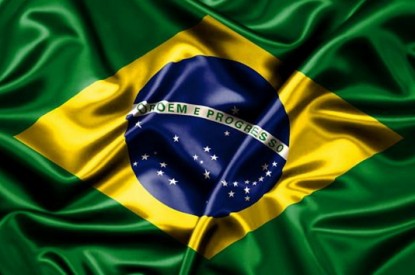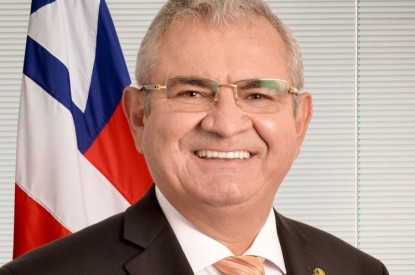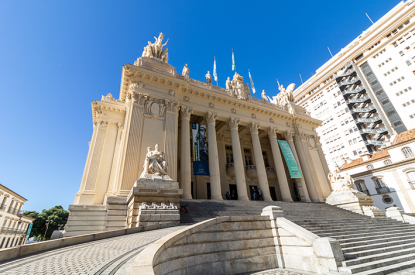Законодавство
Бразил – Лула критикује индустрију онлајн коцкања
By Џејмс - 27. фебруар 2024
Председник Луиз Инацио Лула да Силва criticized the online gambling sector at an event held on Friday, February 23 in Rio de Janeiro. Brazil’s president made comparisons between online gambling with the so-called “jogo do bicho,” (the animal game) which is illegal in Brazil. Talking during a Petrobras event at the Museum of Modern Art according to the president families in Brazil now spend as much as 14% of what they earn on online gambling.
“This country is curious: the jogo do bicho is still prohibited today, but everyone plays the jogo do bicho. What is more serious, worse than the game, are the 24-hour gambling advertisements on television, digital gambling . . .” he said.
The president not only took aim at the amount of sports betting advertising on television he also said, “As companies do not pay taxes yet, they are earning a lot and paying little.”
Lula stated that online gambling has no restrictions, allowing children aged 5 to 90 years old to participate. During his speech, Lula stated wrongly that that taxes on online betting had not been approved. In fact the taxes on online gambling were approved by the President in December and the Minister of Finance is now in the process of putting in place the final regulations before online gambling goes live later this year.
Често описан као бразилски национални порок, јого до бицхо (животиња игра) наставља да игра важну улогу у бразилској политици. Основан 1892. од стране Барона де Драмонда да промовише зоолошки врт на периферији Рио де Жанеира, свака улазница за зоолошки врт имала је слику животиње.
Карте су ускоро пуштене у продају преко незваничних кладионица или „бичеира“ широм града. Општинска власт је убрзо након тога покушала да угаси игру, а касније ју је забранила национална влада, али ништа што је влада урадила није успело да је заустави. Данас се процењује да игра обезбеђује егзистенцију за чак 400,000 људи.
The game is particularly popular in Rio de Janeiro where it is still controlled by criminal organisations. These illegal gambling mafias have long ties to politics, especially right wing politicians, during the military dictatorship wherein they cemented their control and expanded their network




